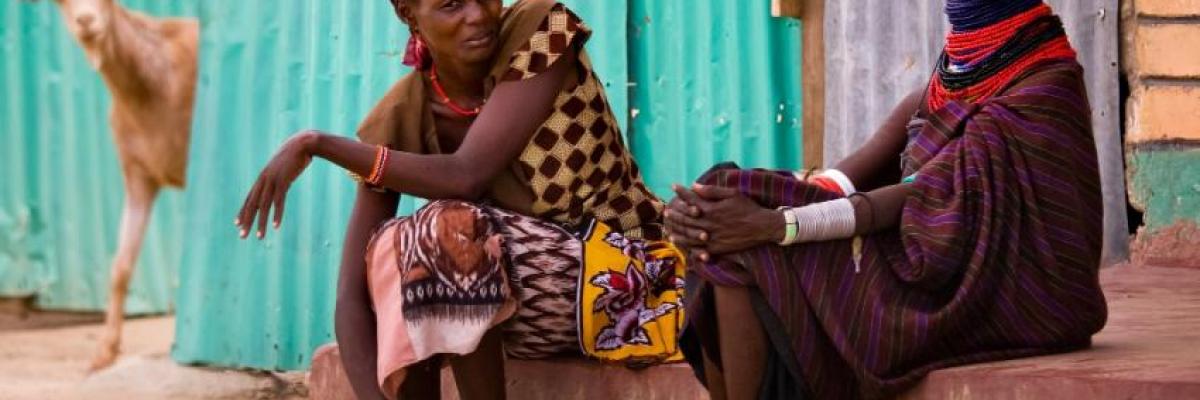
Swahili

Highlights:
One of our own Swahili student Brooks also known as Keto was a recipient of the prestigious 2017 U.S. Department of State Critical Language Scholarship (CLS) to study Kiswahili in Tanzania for the summer. On his return to UVA he was able to lead Swahili conversation tables with fellow students. Many other students have been accepted to participate in many competitive study abroad programs in Kenya and Tanzania and others have been accepted as Peace Corp volunteers in East Africa. These opportunities can be yours if you choose to study Swahili.
Swahili language known as KiSwahili is widely spoken by over a million people around the world as their first language and over 50 million speak Kiswahili as a second language. It is spoken in Kenya, Tanzania and Uganda and is also spoken in some parts of Rwanda, Burundi, Democratic Republic of Congo, Northern parts of Mozambique, Zambia and Malawi, Somalia, Madagascar and the Comoro Islands. It is also widely taught in many other countries in Africa and is one of the African languages taught in many universities and colleges in the United States. KiSwahili is also the language of the African Union. Swahili cultures are prominent around the world and especially in the African Diaspora making it one of the most known and studied language and cultures in Africa and in African Studies and African American Studies.